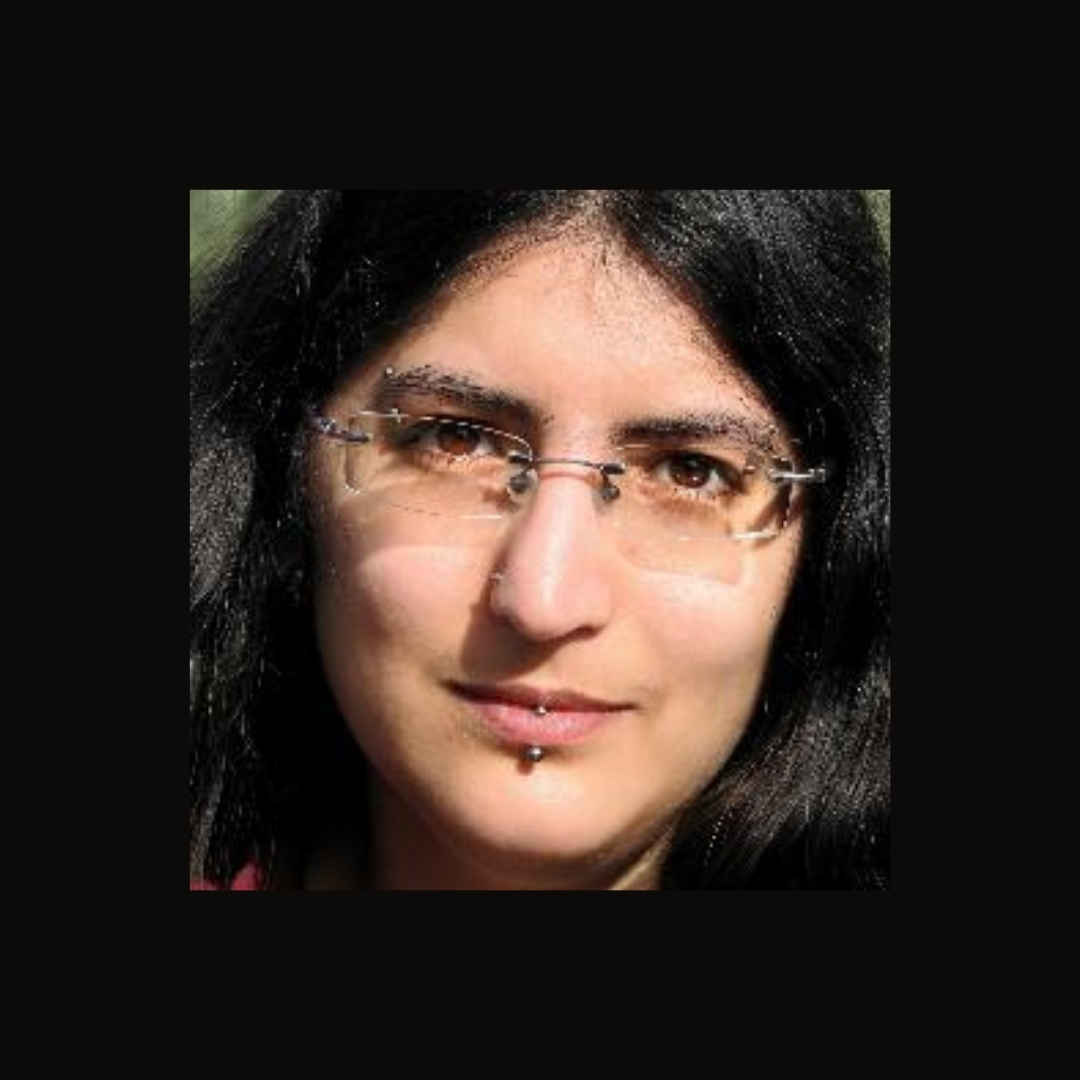Review by Katelynn Bishop
I had a brief exchange several years ago, which bothered me at the time, but for reasons I didn’t fully piece together until reading Shiri Eisner’s book.
I was in Boston, and I was explaining to a co-worker my experience of the bi community in the city. I explained that bi identity was defined broadly and inclusively within the community, and that the definition allowed for the potential shifting of individuals’ desires over the course of their lives. Of course, this is just one possible way to describe bisexuality, but it’s a conception that seemed to hold in my experience of the community, and one which was powerful to me. The man I was speaking to, who had seemed confused at first by the very concept of a bisexual community, widened his eyes in recognition. “Oh!” he said. “You’re talking about queer identity.”
While this was an interesting reaction for many reasons, it was most importantly an erasure. He took what I described as bisexuality, and, while appreciating it, placed it in another framework. Oh, that sounds cool, but you can’t mean bisexuality. It is precisely this type of erasure that Eisner is unfaltering in uncovering.
All of this is to say that what I appreciate most about Bi: Notes for a Bisexual Revolution is that Eisner is deliberate and unapologetic about writing a book about bisexuality. She doesn’t rewrite bisexuality as queer identity, or pansexuality, and she bravely takes on the “bi is binary” argument.
The unapologetic focus on bisexuality runs through the book as Eisner covers the gamut of issues affecting bi people and communities. She provides a well-researched reference guide to where bisexual politics and communities have been, and urges readers to move in a more radical direction. I found her argument that bi politics should embrace the radical potential contained in common stereotypes of bisexuals, rather than framing a reactionary politics around refuting these stereotypes, provocative and convincing. And this discussion is just one part of a broader theoretical exploration of the radical potential of bi politics, which also includes well-thought-out explanations of the potential for strong alliances with transgender and anti-racist politics, combined with a clearheaded assessment of what bi communities have done well and what could be done better on these fronts. She blends theoretical discussions with concrete examples throughout the book, from detailed analyses of representations of bisexuality in porn, to the content of media campaigns produced by bisexual groups, to discussions of specific events within bi communities, such as BiCon.
Shiri Eisner is also extremely thorough in her explanations. She includes a glossary at the end and places text boxes with definitions of key concepts throughout the book, and she carefully elaborates the basic concepts on which many of her arguments are based, such as male privilege, racialization, etc. In doing so, she practices the politics she preaches, which are politics that never “speaks over” anyone’s head. And she writes with compassion for readers, including trigger warnings throughout the book.
It is difficult to criticize Eisner for leaving anything out, given the vast array of issues she takes on. But I do hope this book sparks a broader discussion about how radical bi politics might relate to the various definitions of queer politics, and how “queer,” while intended to loosen the grip of identity categories, may at times stand in for “gay and (sometimes) lesbian” and leave bi and trans people out. She speaks more directly to the experiences of bi people in LGBT (or “GGGG” [“GayGayGayGay”]) and straight contexts, though she touches on how bisexuality is treated by queer theory. But the question of the relationship of the radical politics she proposes to queer politics was in the back of my mind as I read, given how compellingly she argues for the potential of bisexuality to threaten dominant ways of understanding and disrupt normative categories.
I’d highly recommend this book to anyone interested in bisexuality in any form. While I’ve tried to cover the highlights as best I can, there is much more to the book than I’ve been able to discuss. For more information, check out Eisner’s chapter-by-chapter description of the book on her blog: http://radicalbi.wordpress.com/2013/02/25/what-my-book-is-about/.
Katelynn Bishop is a graduate student in Sociology at the University of California, Santa Barbara, with research interests in gender, sexuality, and mental health. She enjoys living on the West Coast but misses living in Boston.

Katelynn Bishop

